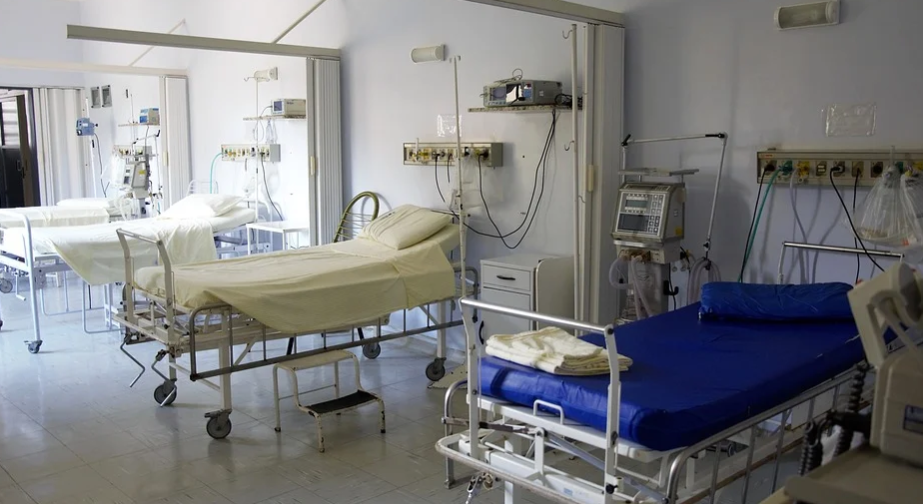'Contradictory trends' keep some Swiss hospitals packed, others with room to help
By contrast, infection rates in Switzerland's French-speaking region have been among Europe's highest, forcing hospitals to fly patients in helicopters to Zurich, where bedspace is more plentiful. On Friday, 27 of Freibourg's 29 intensive care beds were occupied. this allows us today to cope," said Bertrand Levrat, director of Geneva's University Hospital. Infections rose on Friday by 4,946, about half the levels of a week ago, Swiss health data showed.

- Country:
- Switzerland
First came the powerful cough and fever, Roland Lerch said, then sleeplessness and overwhelming weakness.
When he finally collapsed and bruised his face at home, he acknowledged the inevitable: Of tens of thousands of Swiss people who tested COVID-19 positive in November's first week, Lerch was among the hundreds who needed hospital care, fast. "Without supplemental oxygen, I was having an extremely difficult time breathing," he told Reuters from his Zurich University Hospital bed this week, as medical personnel checked his blood oxygen levels.
Lerch, a University of Zurich systems engineer, took sick in Switzerland's banking capital, where the second coronavirus wave has been less fierce than elsewhere in the country. By contrast, infection rates in Switzerland's French-speaking region have been among Europe's highest, forcing hospitals to fly patients in helicopters to Zurich, where bedspace is more plentiful.
On Friday, 27 of Freibourg's 29 intensive care beds were occupied. Geneva hospitals' 64 ICU beds were more than two-thirds full, according to the Swiss Federal Institute of Technology. "Again and again, we're seeing contradictory trends," Thomas Steffen, the top doctor in the city of Basel, where 46 of 52 ICU beds are filled and 33 of 38 ventilators in use, said on Friday.
Zurich seems calmer, with nearly 60 of its 226 total ICU beds still available for the sickest patients - and capacity to take more from other hospitals. "This solidarity, between hospitals, private clinics, home care system, the whole health system, and today with the army ... this allows us today to cope," said Bertrand Levrat, director of Geneva's University Hospital.
Infections rose on Friday by 4,946, about half the levels of a week ago, Swiss health data showed. That brings the total to 290,601, with the death toll 3,575. Hospitalizations rose by 252, joining more than 3,000 others still recuperating - or fighting for their lives.
Lerch said he never lost his taste, smell or memory, like so many others, but doctors told him he was at risk of a blood clot in the lungs. But one thing makes him feel a little better. He isolated himself quickly after realizing he was likely COVID-19 positive.
"I'm certain that I didn't infect anybody else," Lerch said.
(This story has not been edited by Devdiscourse staff and is auto-generated from a syndicated feed.)
- READ MORE ON:
- Swiss
- Bertrand Levrat
- French










